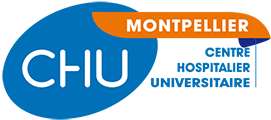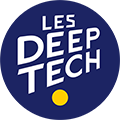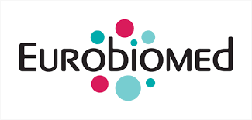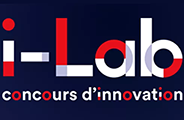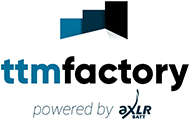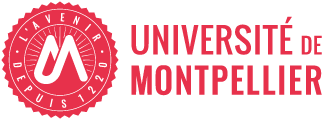Who we are
The creation of « Cyberna » was, above all, the result of a remarkable human adventure that began in 2019 with the establishment of the first clinical platform for RNA chemistry analysis using mass spectrometry bringing together what would later become the founding team of this startup.
Shortly thereafter, the scientific team developed an analytical pipeline that combined multiplex analysis of chemical processes with artificial intelligence, enabling the stratification of patients with glioma (patent filed, Analytical Chemistry 2021). The power of this technology and its clinical potential were recognized by the awarding of a “2023 Innovation Trophy” from the University of Montpellier in the life sciences category, as well as inclusion in a maturation program by SATT AXLR (€850k). Building on this recognition, Cyberna was founded in December 2023 and was a laureate of the national iLab program in 2024.
Meet the Team
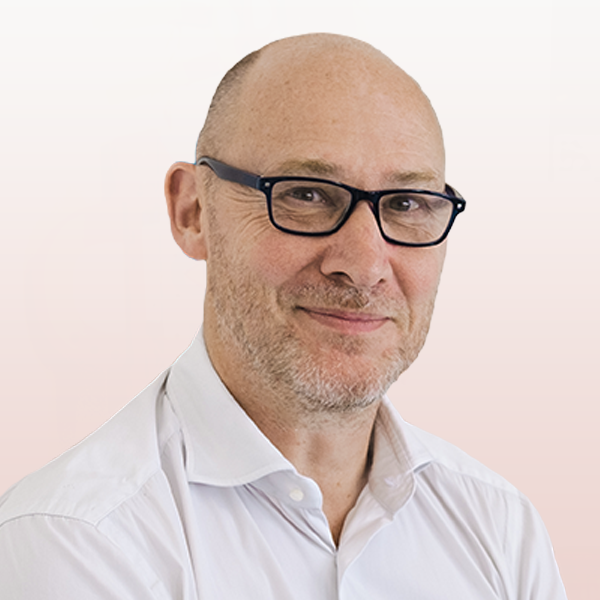
PATRICE GARNIER
PhD, CEO
Patrice Garnier has over twenty years experience in the creation and management of technology companies. He has founded several biotech and bioinformatics companies. He will assume the role of CEO at CYBERNA. Patrice Garnier holds a PhD in physics from Pierre et Marie Curie University (Paris VI), specializing in quantum physics.
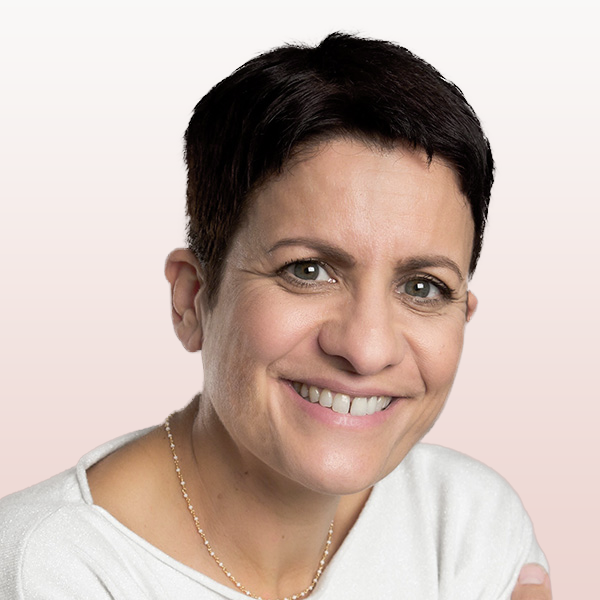
AGNES MARTINEC
PhD, COO
With over 21 years of diverse experience in the development and production of in vitro diagnostic (IVD) devices, Agnès Martinec is passionate about driving operational excellence and innovation in the healthcare sector. As Chief Operating Officer at CYBERNA, she oversees strategic operations, ensuring the seamless development and market introduction of advanced diagnostic solutions, particularly in early cancer detection.
Throughout her career, she has led multidisciplinary teams, managed complex projects, and facilitated the transformation of organizations to meet stringent regulatory standards (ISO 13485, 21 CFR part 820 …). Her expertise spans product development, process optimization, regulatory compliance, and quality management systems.
She is dedicated to fostering an environment of collaboration and continuous improvement, ensuring that CYBERNA remains at the forefront of medical innovation, delivering high-quality diagnostic tools that improve patient outcomes globally.
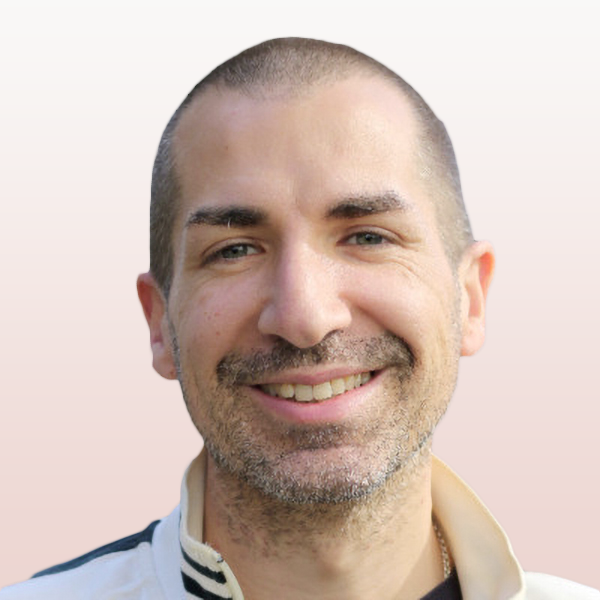
ALEXANDRE DAVID
R&D – Expert
RNA chemistry / Oncology
Inserm Research Director (DR2) and Team Leader of the « Epitranscriptomics & Cancer Adaptation » group at Institut de Recherche en Cancérologie de Montpellier (IRCM, U1194), Dr David is a leading researcher in cancer biology, focusing on RNA chemical modifications. He has contributed to groundbreaking research across basic and applied science, including the discovery of tRNA misacylation, the role of m6Am demethylation in colorectal cancer stem cell properties, and the identification of epitranscriptomic biomarkers for diffuse glioma diagnosis. Alongside Pr. Christophe Hirtz, he co-founded France’s first platform dedicated to RNA chemical mark studies, SMART, which has addressed national needs through numerous collaborative research projects since 2019. This platform supports innovative technologies and has fostered international collaborations with leading institutions. Dr. David holds multiple patents and leads a multidisciplinary consortium uniting biology, chemistry, and bioinformatics teams. He serves on national evaluation committees and is involved in European Networks such as MobiliTraIN and the COST Action TRANSLACORE.
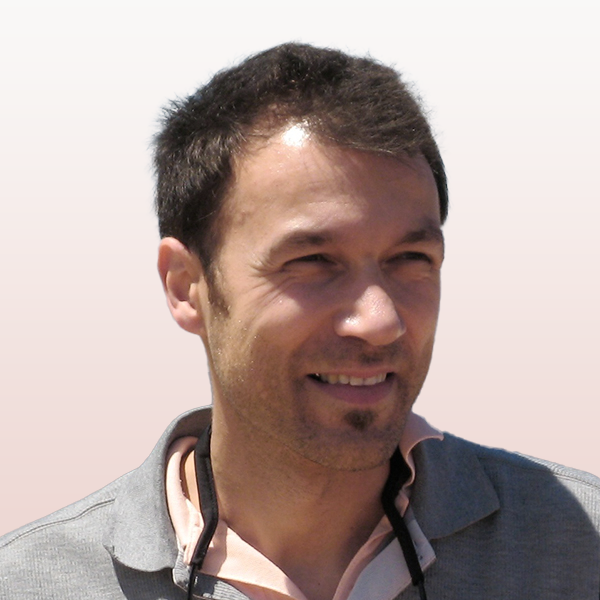
ERIC RIVALS
R&D – Expert
Artificial Intelligence
After a PhD in computer science (Univ. Lille), Eric Rivals worked 3 years at the German Cancer Research Center in Heidelberg in Martin Vingron’s bioinformatic lab. He was then appointed as research fellow by the National Scientific Research Center (CNRS) in France. Currently, research director in the Computer Science Dpt of the LIRMM, a joint CNRS – Univ. Montpellier unit, he focuses on algorithms for bioinformatics and their applications in genomics, transcriptomics, and cancer research. Besides algorithm design, he also developed software for bioinformatic analyses (ex : LoRDEC, Salmela & Rivals, 2014). He recently co-published and co-patented a diagnostic method for a brain cancer based on the detection of epitranscriptomic modifications on RNA (Relier et al. 2022). Eric served as Head of the Computer Science Dpt of the LIRMM (2007-2010), Head of the national network for molecular bioinformatics of the CNRS from (2010-2015), and Head of the Computational Biology Institute in Montpellier (2015-2019). Since 2016, he is also the scientific leader of the ATGC bioinformatic service platform.
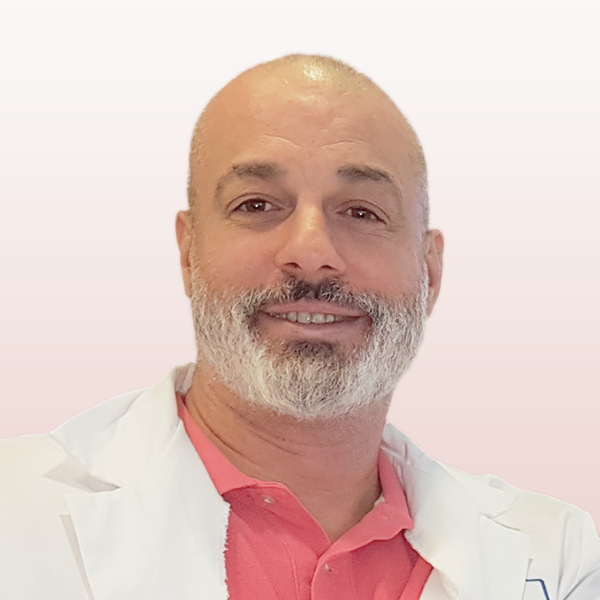
CHRISTOPHE HIRTZ
R&D – Expert
Analytical Chemistry / Mass Spectrometry
Pr. Christophe Hirtz has been working on Clinical Proteomics since 2000 and was one of the first to publish the complexity of the human salivary proteome (Hirtz et al., 2005) using mass spectrometry. Since then, he is specialized in clinical assays and R&D activities in the field of clinical proteomics and neurodegenerative diseases since 2010. He is recognized as an expert in high resolution proteomics for identification and quantification of biomarkers (Bottom-up/Top-down), in targeted mass spectrometry for multiplexed and absolute quantification of biomarkers, and in multiplexed and ultra-sensitive immunodetection.
He is currently responsible of the Clinical Proteomics Platform of Montpellier hospital and Montpellier University, part of the Shimadzu European Innovation Center and considered as a key opinion in the field of the clinical mass spectrometry and clinical biomarkers. He coordinates an ANR in collaboration with Pierre Fabre in 2024. He published 160 international scientific articles (H factor: 36, >5500 citations, 3 international patent)
Scientific Advisory Board
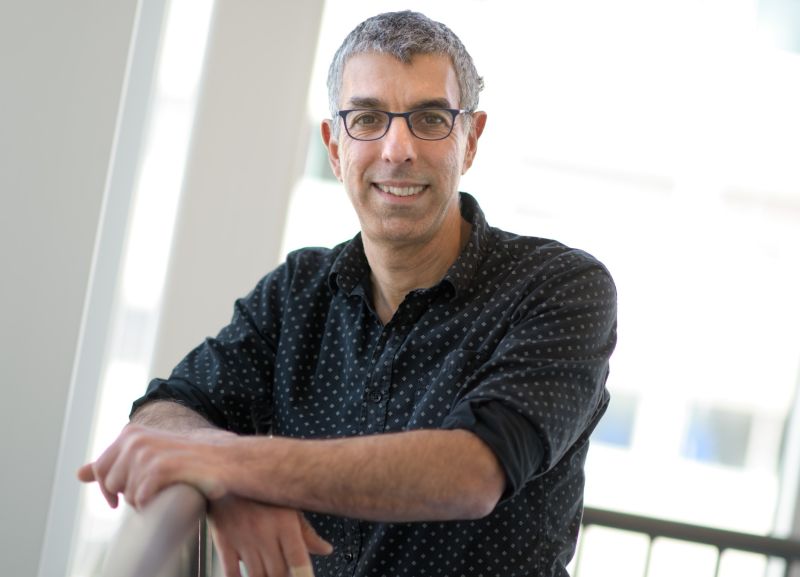
REUVEN AGAMI
Reuven Agami is the head of the Division of Oncogenomics at the Netherlands Cancer Institute, a professor at the Molecular Genetics Department at the Erasmus MC Rotterdam, an Oncode Institute member, and a member of the Royal Netherlands Academy of Arts and Sciences. As an independent researcher, Agami has made unique contributions to the RNA and cancer genetics fields. From inventing pSUPER, the first genetic tool to knock down genes using RNAi, through studies on microRNAs, RNA binding proteins, alternative mRNA isoforms, transcriptional enhancers, and mRNA translation. During his career, Agami won several prizes and awards, including the NKI-AvL prize, the Dr. Joseph Steiner Prize, the ESCI Prize for Basic/Translational Research, as well as the European Young Investigator (EURYI), and the ERC-Starting and Advanced Awards. For these achievements, Agami was recently elected as a member of the Royal Netherlands Academy of Arts and Sciences.
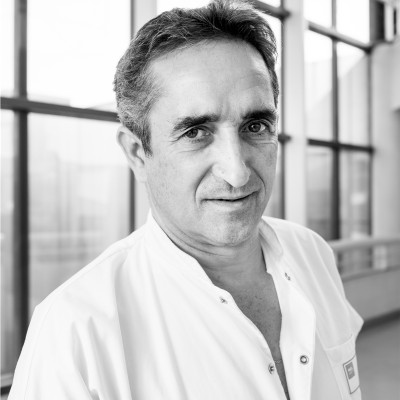
OLIVIER GLEHEN
Olivier Glehen is a Professor of General Surgery at the Lyon Sud Charles Mérieux Medical School (Lyon 1 University) and at the Lyon Hospital Center of the Hospices Civils de Lyon. He is the Director of the Reception Team 3738 CICLY (Lyon Cancer Innovation Center), where techniques for serum and peritoneal liquid biopsies are developed. He is the National Coordinator of the RENAPE Network (rare peritoneal tumors) of the INCA and the President of the BIGRENAPE group (National Research Group for primary, digestive, and gynecological peritoneal tumor pathologies). His research focuses on the curative, palliative, and preventive management of all primary and secondary peritoneal tumors (cytoreductive surgery, peritonectomies, intraperitoneal chemotherapy via CHIP or PIPAC).
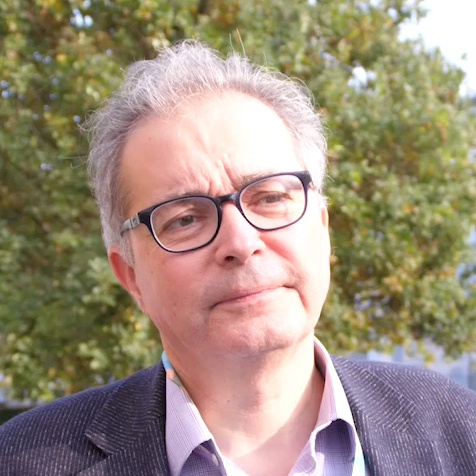
PIERRE LAURENT-PUIG
Dr. Laurent-Puig is a distinguished University Professor and Hospital Practitioner at the Paris Descartes Medical School, affiliated with Paris Descartes University. With a Ph.D. awarded in 1993 from Paris VII University and certification as a Director of Research Projects from Paris V University in 2001, he has a robust academic and clinical background, having served as a Paris Hospital Intern in 1984.
Since September 2004, Dr. Pierre Laurent-Puig has held the position of PU-PH in Experimental Oncology within the Biochemistry Department at European Hospital Georges Pompidou (HEGP), where he works under the guidance of Professor Beaune. The laboratory features a General Biochemistry Functional Unit alongside two specialized units, one dedicated to Molecular Oncology and Pharmacogenetics, facilitating the transfer of innovative methods and expertise from the research unit (currently INSERM UMR-S775).
In addition, he has been responsible for the Clinical Oncology Functional Unit in the HEGP Genetics Department since 2000, directed by X. Jeunemaître. His commitment to advancing oncology research is further reflected in his role as Director of the joint research unit INSERM/Paris Descartes University UMRS1147, a position he has held since 2006 (previously UMRS775).
Dr. Pierre Laurent-Puig’s research interests lie at the intersection of clinical practice and laboratory science. After joining the mixed research INSERM Unit UMR-S490 in 1998, he led a research team in 2002 that explored correlations between genotype and phenotype in solid human tumors. His work has significantly contributed to the identification of novel diagnostic and prognostic markers, as well as markers of chemotherapy resistance. Initially focused on colon cancer and hepatocellular carcinoma, his research scope has recently expanded to include malignancies of the head and neck.


